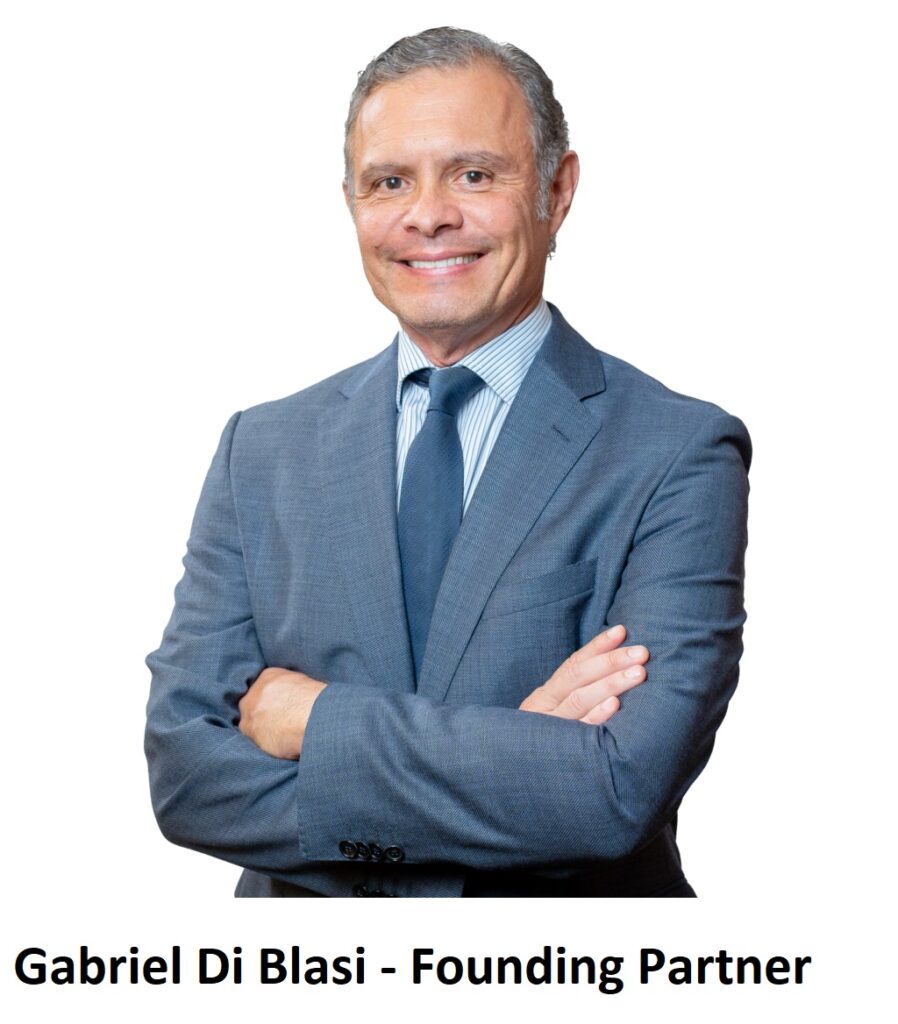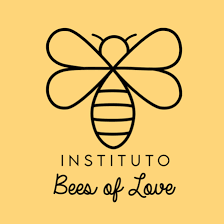

Dear Sirs
In early 1987, I made a decision that some could label me crazy and others brave. Brazil was experiencing a context of hyperinflation, moratorium, closed boundaries for importation, technological inequality, the political crisis in the late 80s, financial instability, and a lack of perspective on development and social welfare.
It was the time of the cross plan, which in addition to seeking economic stability, tried to rescue the hope and dignity of citizens who suffered years of chronic hyperinflation and waste of public resources. Today, from a historical perspective, it was the beginning of what became known as the “lost decade.” Not to me, not to us.
My partner Paulo and I founded a law firm focused on intellectual property. In a context that punished the economy and innovation, we started a dream, and we did not imagine that it came to this moment of fulfillment.
A dream motivated by my father Clesio Gabriel Di Blasi who was Chief of Patents at BPTO in the late 70s and early ‘80s and inspired my professional formation. I combined my degree in Industrial Mechanical Engineering with my law course and learned, in practice, to understand and protect technology and innovation. Always focusing on the raw material of this process: people.
At that time there was no highlight in social issues as today, but we always had this concern to help people in some way, especially children, not only in the personal aspect but in the professional as well.
From this will evolve, build and innovate, the partnership with the Instituto da Criança (IC) has emerged, which has been providing legal aid in IP for several social projects for almost three decades. This year when we completed 35 years of a solid partnership, consolidated in the prestige and reputation of our firm, we decided to give more prominence to our concern for the social and enable healthy competition, with votes from DBPA professionals, where a social project would receive a cash prize.
The IC researched dozens of projects and selected 16 to present to me, my partner, Paulo Parente, and the executive director, Alexandre Prado. We chose eight projects that presented a greater focus on entrepreneurship, innovation, and technology, which is our DNA. After this phase, the final choice was decided by the engagement of Di Blasi, Parente & Associados’ employee team. They voted for the project with which they most identified, from the values defended by the office: innovative solutions, co-creation, highly sustainable performance, and bossa, which represents the lightness and creativity of Carioca.
The winning project was from the Instituto Incluir: transform, democratize and humanize. The NGO operates with social projects to promote the inclusion and social participation of people with disabilities through education, sport, and culture. Through partnerships with the public and private sectors, national and international, they develop projects with the objective of expanding the access of people with disabilities to social spaces. The project “Accessible Literature” received 25.37% of the votes and seeks to bring accessibility to people with disabilities through multi-format books, conversation rounds, and storytelling for children from public schools.
This award, in addition to representing the incentive to innovation, which is our purpose, is also a way to return to society what we have received over these 35 years. Thanks, IC for this partnership. And I hope this award for recognizing the Instituto Incluir (@instituto_incluir) as the most innovative elected by DBPA can also contribute to the social inclusion of these children and adolescents in sports, education, and innovation.
For 35 years we have built the legacy of the firm living and practicing our values, and one of them is co-creation. There were many partnerships from this willingness to contribute and, in addition to providing services to customers with non-profit activities and legal aid in the area of intellectual property, we also involve our team in social responsibility projects, encouraging donations to various institutions and volunteer work. Some of the current partnerships are:

Instituto da Criança: Civil Society Organization of Public Interest that sponsors projects in institutions in Rio and São Paulo, as well as educational and community development projects;

GRAACC – Fighting and Overcoming Children’s Cancer, created in 1991, it is a non-profit institution to ensure that children with cancer are entitled to all chances of cure with quality of life;

Para Todos: Understanding that the first step for effective change is knowledge, the NGO’s focus is to sensitize the largest number of people about the universe of disability and bring the subject to the daily life of all;

Bees of Love: the group that performs volunteer work aimed at citizenship, solidarity, and dissemination of positive actions in the world.

One by One: Non-profit organization that aims to provide social inclusion for low-income children with special needs by donating tailored wheelchairs.

Guerreiros da Amazônia: Social project that promotes environmental education for children in a playful way, with comics.
I was very moved during the award delivery because it represents the incentive to innovation, which is the purpose of the firm, and reinforces our commitment to the ESG agenda, which involves environmental, social, and modern governance practices. I sincerely hope this movement will inspire similar initiatives in society. We decided to make a different celebration, to return this to society and inspire other offices and companies to become aware of ESG practices. And I hope this award for the Instituto Incluir – as the most innovative elected by DBPA – can also contribute to the social inclusion of these children and adolescents in sports, education, and innovation.
Looking back, I renew my optimism in the certainty that we are on the right track to foster and contribute to development in the next 35 years. In a world of greenwashing and fake news, we practice what we preach, we walk the talk.
Protecting innovation and innovating in protection was a bold and long-term view. If when we started, in 1987, the technology investment conjuncture in Brazil was foolish and challenging, the scenario has improved. Recent data from the World Intellectual Property Organization (WIPO) reveal that Brazil has risen three positions in the Global Innovation Index (GII): from position 57 (2021) to 54 (2022). Even in the face of local difficulties, Brazil occupies the 9th place among the 36 upper-middle-income economies and 2nd place among the 18 Latin and Caribbean America countries, behind only Chile.
35 years ago, Paulo and I saw what almost no one saw. Now, I thank you, our clients, partners, and employees, who trust our vision and who see the same as us: a more prosperous, developed, sustainable, socially balanced country that believes in innovation as the solution to the challenges of society.
Yours sincerely,
Gabriel Di Blasi


